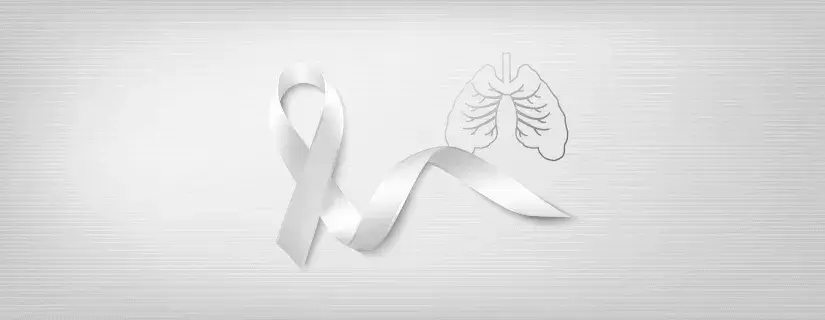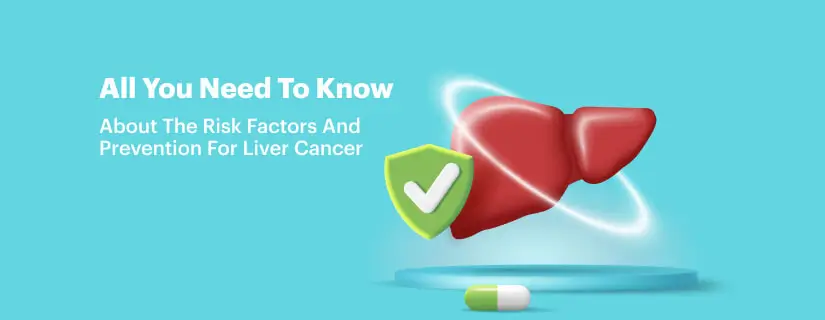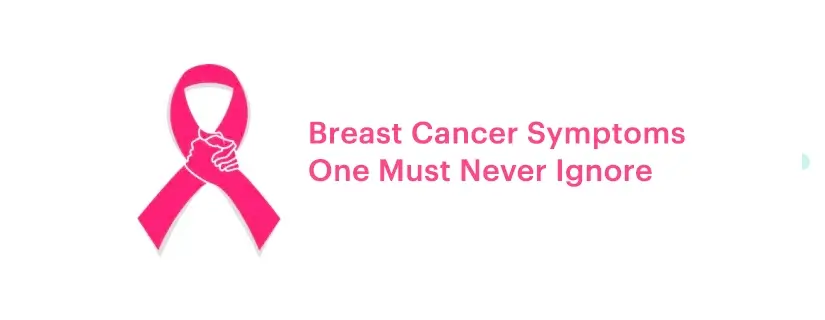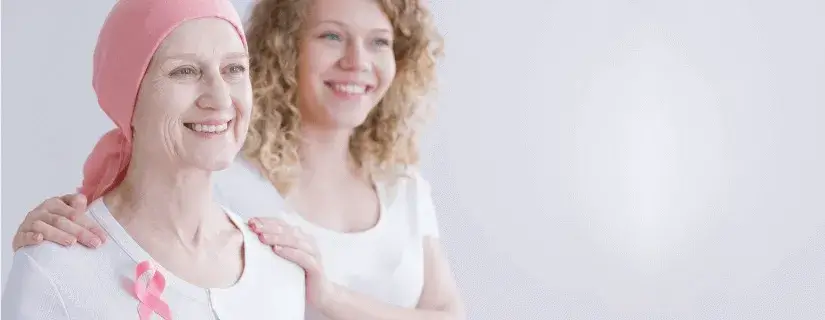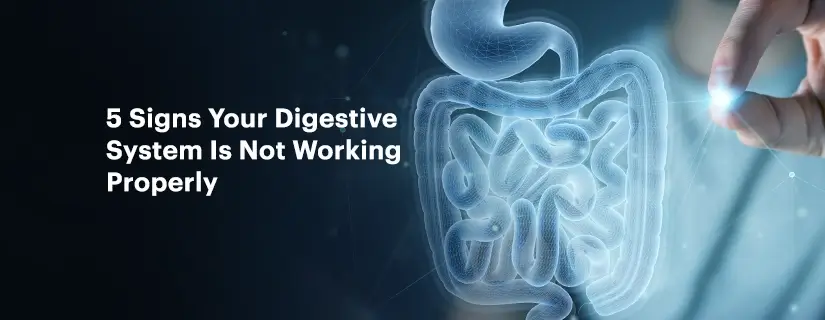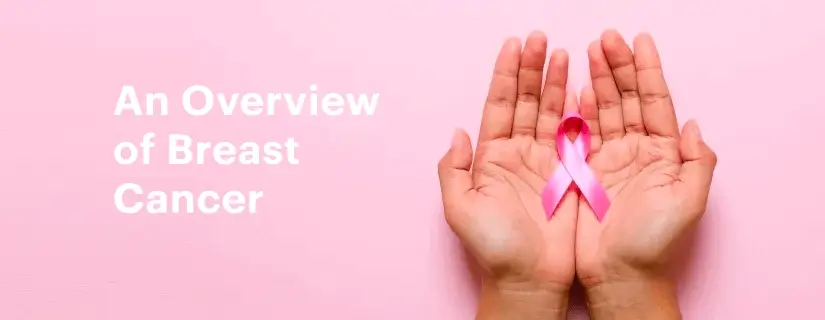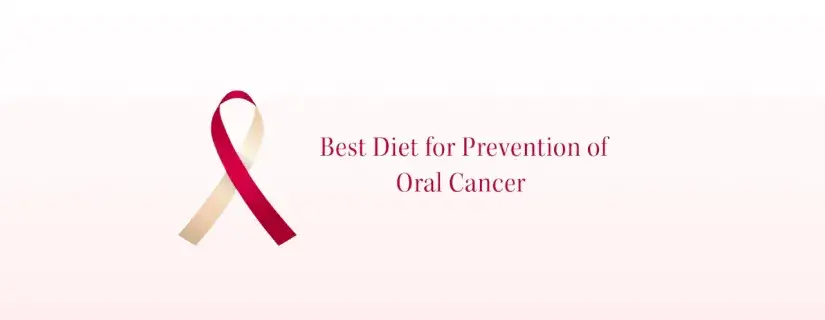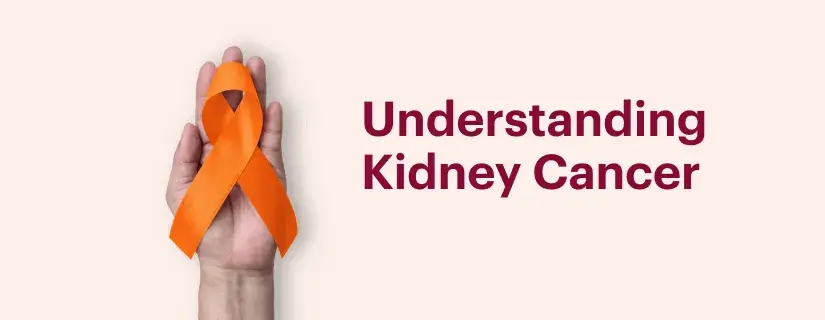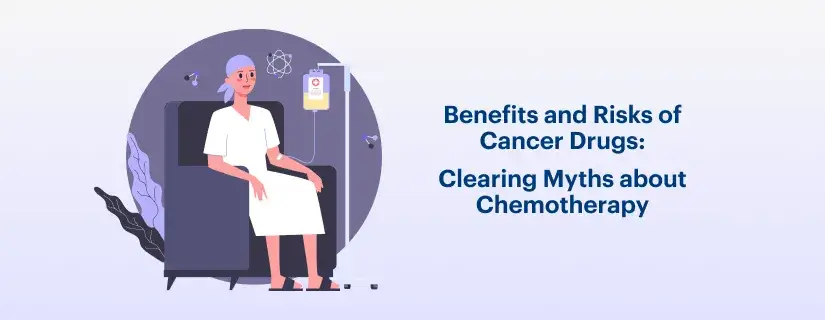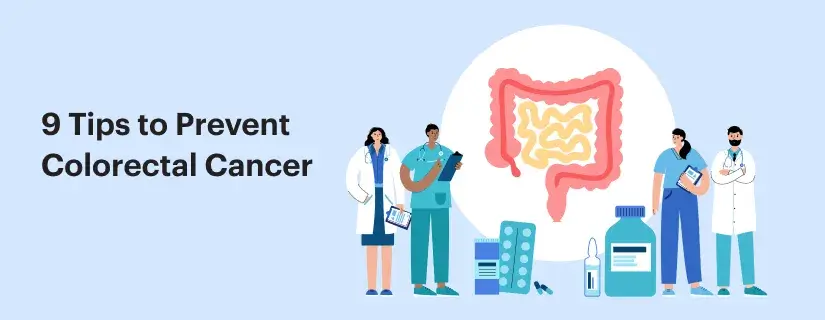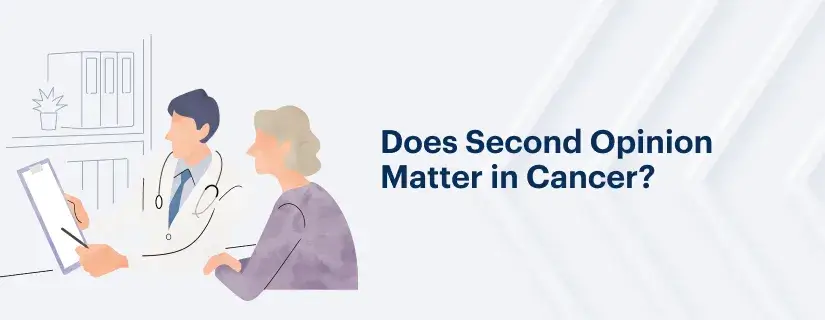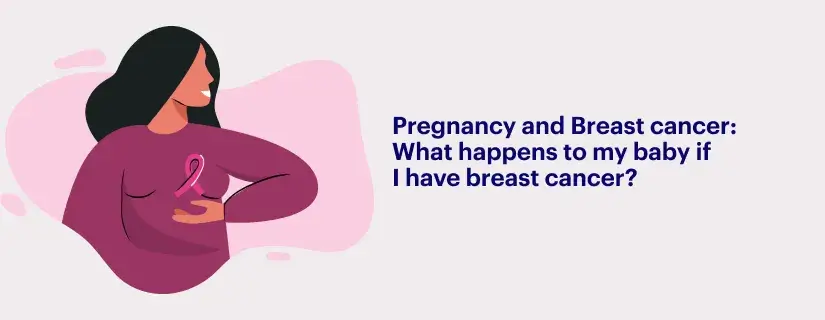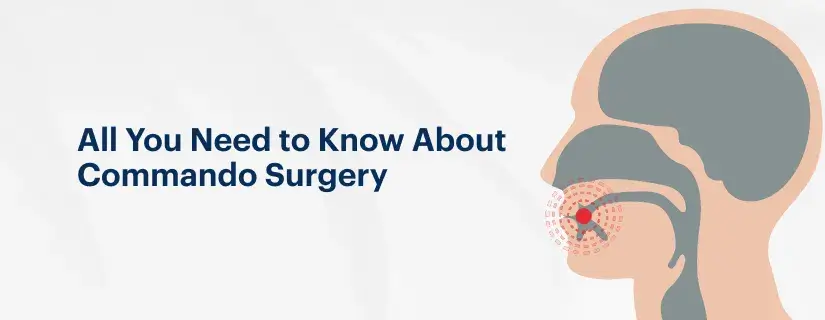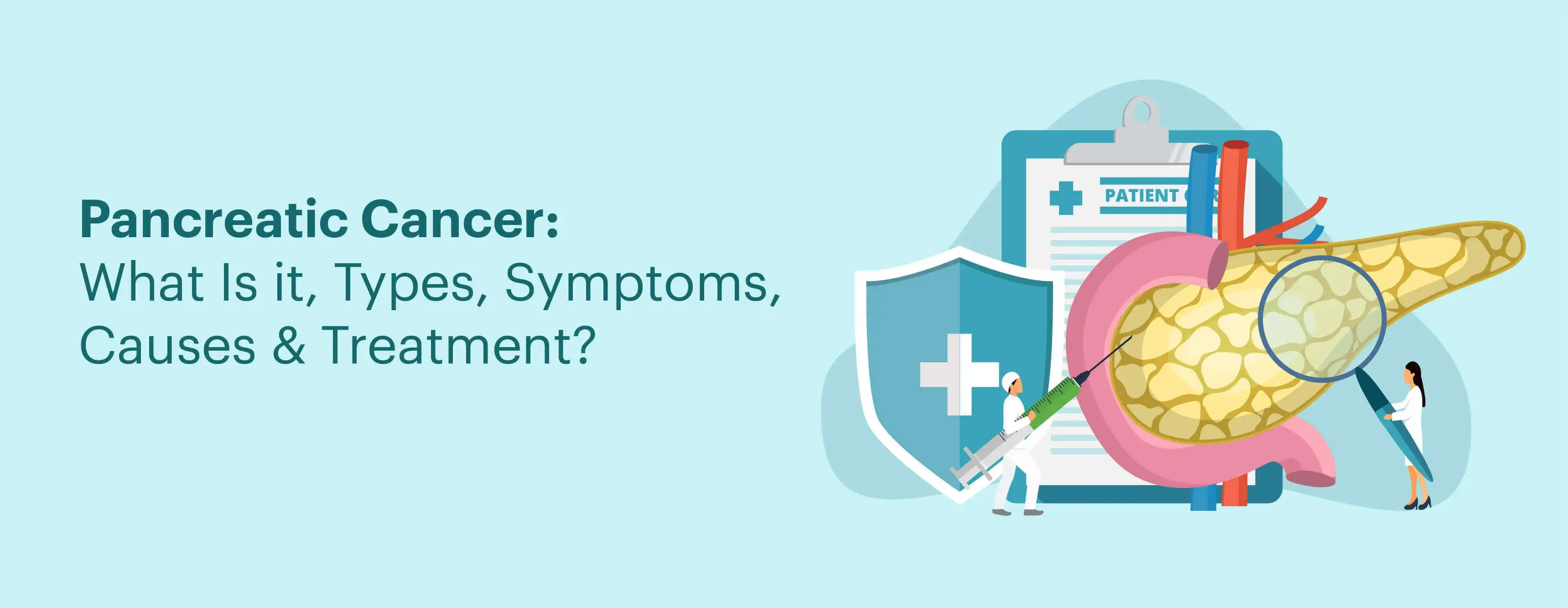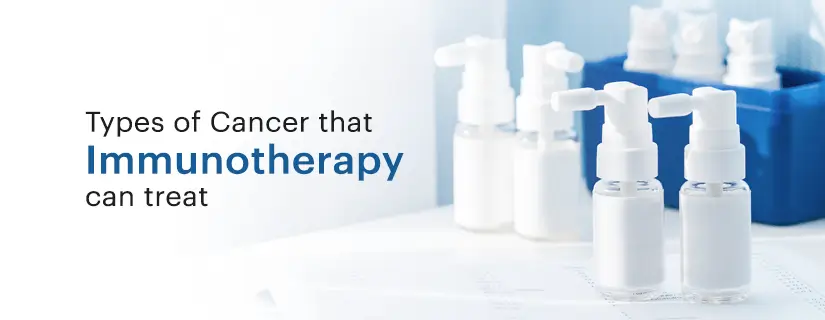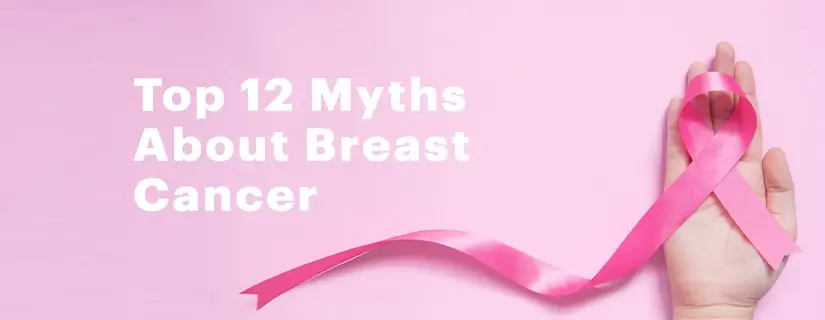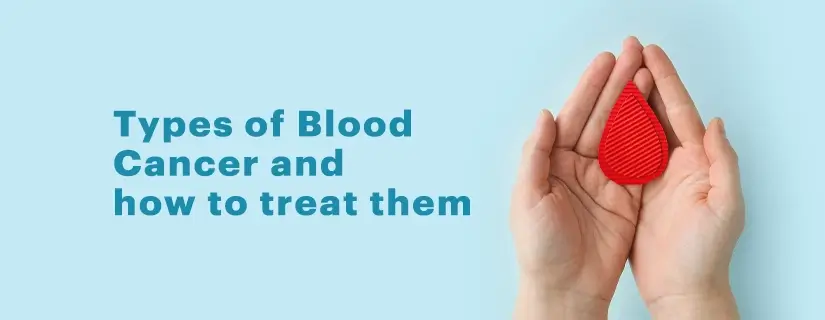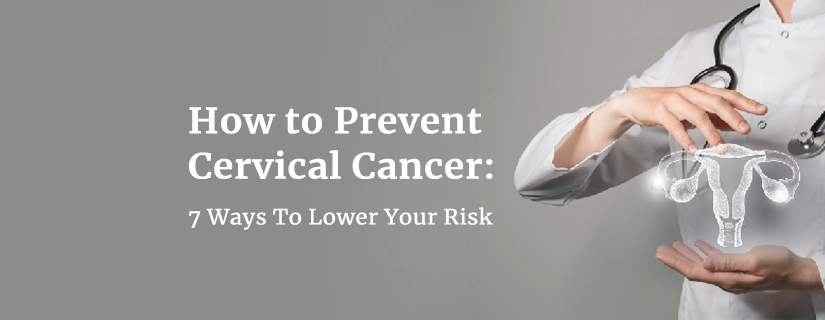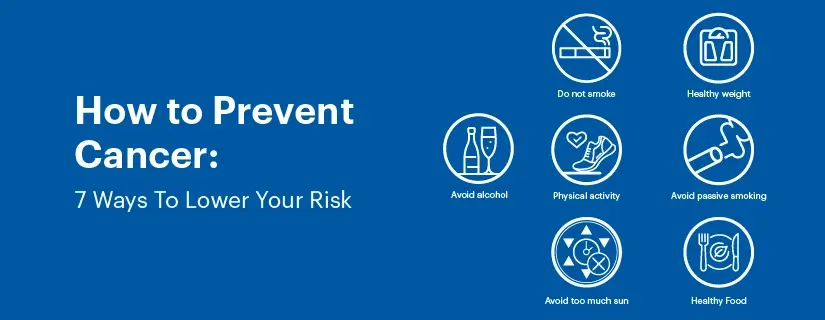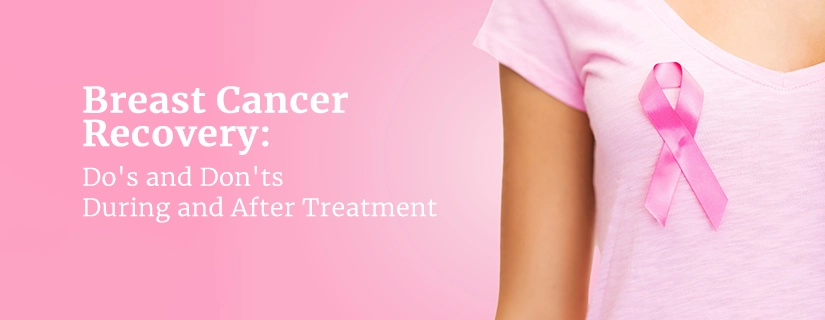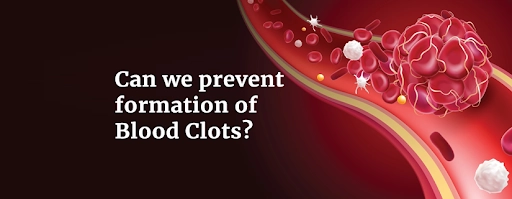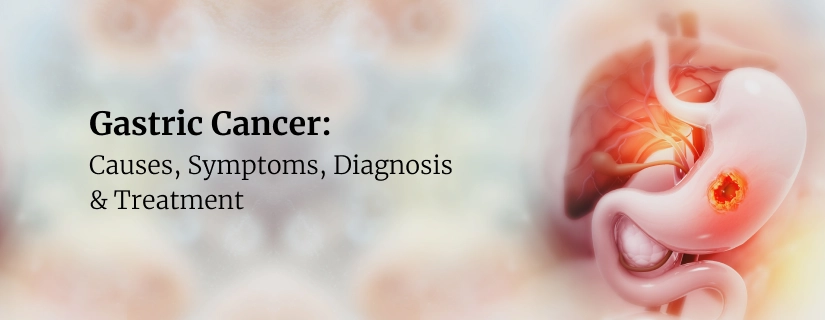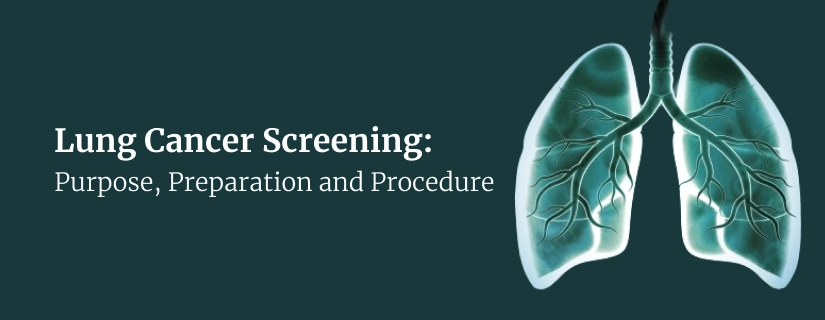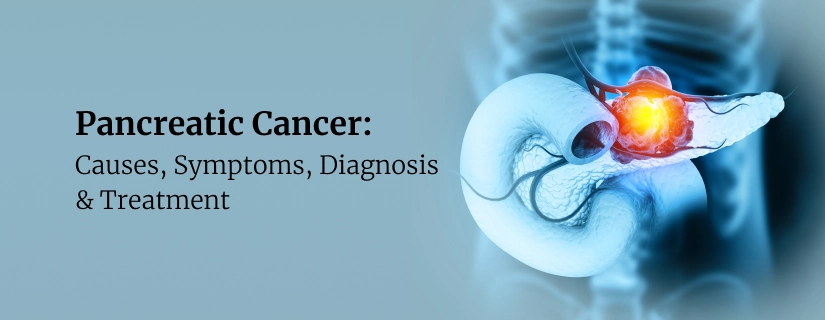-
Doctors
-
Specialities & Treatments
Centre of Excellence
Specialties
Treatments and Procedures
Hospitals & Directions HyderabadCARE Hospitals, Banjara Hills CARE Outpatient Centre, Banjara Hills CARE Hospitals, HITEC City CARE Hospitals, Nampally Gurunanak CARE Hospitals, Musheerabad CARE Hospitals Outpatient Centre, HITEC City CARE Hospitals, Malakpet
HyderabadCARE Hospitals, Banjara Hills CARE Outpatient Centre, Banjara Hills CARE Hospitals, HITEC City CARE Hospitals, Nampally Gurunanak CARE Hospitals, Musheerabad CARE Hospitals Outpatient Centre, HITEC City CARE Hospitals, Malakpet Raipur
Raipur
 Bhubaneswar
Bhubaneswar Visakhapatnam
Visakhapatnam
 Nagpur
Nagpur
 Indore
Indore
 Chh. Sambhajinagar
Chh. SambhajinagarClinics & Medical Centers
Book an AppointmentContact Us
Online Lab Reports
Book an Appointment
Consult Super-Specialist Doctors at CARE Hospitals
Sarcoma: Types, Causes, Symptoms, and Treatment
Updated on 18 August 2022
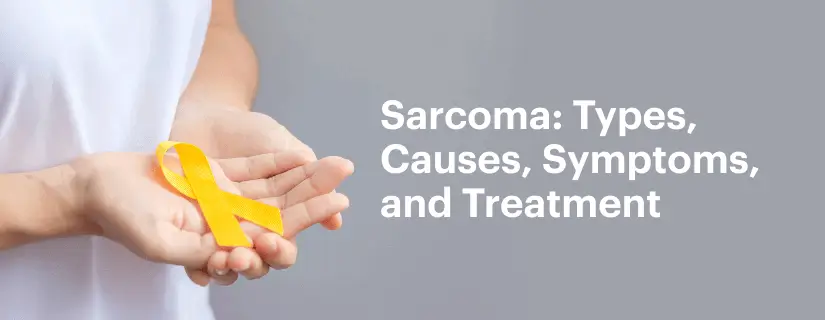
Table of Content
Sarcoma is a rare kind of Cancer. It begins in the bone or the soft tissues of the body, including cartilage, fat, muscle, blood vessels, fibrous tissue or connective or supportive tissues.
Types of Sarcoma
There are different types of Sarcomas, depending upon where it forms:
- Osteosarcoma: It most often occurs in the long bones that make up the arms and legs, although it can occur in any bone. Normally it affects children and young adults.
- Liposarcoma: It begins in the fat cells, most often in the muscles of the limbs or the abdomen.
- Rhabdomyosarcoma: It usually begins in muscles that are attached to bones, which help us to move our body parts. It is a cancer of very early forms of muscle cells, it is more common in children and young adults.
It is not very clear what causes Sarcomas. But in general, cancer forms when changes happen in the DNA within the cells. The DNA in a cell is packaged into a large number of single genes, each designed to perform a specific task or function as to how to grow and divide.
This leads us to the topic of mutation. A mutation is a change in the DNA sequence of an organism. They can result from malfunctioning in DNA replication during cell division. So, the cells start growing uncontrollably and continue living when the normal cells die. When this happens, the accumulated abnormal cells can form a tumour.
Risks of Sarcoma
There are many risk factors which include,
- Inherited syndromes: It could be inherited by the child through parents genetically.
- Chemical exposure: Exposure to certain chemicals like herbicides, arsenic or dioxin can increase the risk of getting soft tissue Sarcomas.
- Radiation exposure: Sometimes in the past, the patient may have been exposed to radiation therapy, which could become one of the reasons for getting soft tissue cancer.
- Exposure to viruses: Viruses can play havoc with a weakened immune system.
Symptoms of Sarcoma
The onset symptoms of Sarcoma can be gauged by,
- A lump that can be felt beneath the skin, may or may not be painful.
- There may be pain in the bones.
- Some pain in the abdomen.
- Unusual weight loss.
Treatment of Sarcoma
Treatment suggested by the Best Oncologist in Raipur for the soft tissue Sarcoma could be by way of,
- Surgery, with or without radiation therapy.
- Surgery of the body part, where it is affected (which is rarely done)
- Surgery in the lungs, where it has recurred again.
- Chemotherapy treatment can be done, which aggressively eliminates cancer, prevents recurrence and maintains the patient's quality of life. The treatment may cause side effects, but advancement in science has reduced it to a large extent.
Selected patients who progress on the above therapies can benefit from NGS (Next Generation Sequencing), wherein we molecularly identify mutations or gene alterations. Once a mutation is identified it can be targeted precisely with Targeted Therapy or Immunotherapy. Immunotherapy strengthens the body’s immune system and so it is better able to identify and fight cancer cells.
Dr. Ravi Jaiswal
Consultant Medical Oncologist
Ramkrishna CARE Hospitals, Raipur

ENQUIRY FORM
SELECT CATEGORIES
-
Neurosciences (16)
-
Neurology (37)
-
Neurosurgery (14)
-
Orthopaedics (48)
-
Oncology (33)
-
Obstetrics and gynecology (52)
-
Pulmonology (23)
-
Urology (20)
-
Nephrology (13)
-
Psychiatry (7)
-
Dietetics and Nutrition (111)
-
General Medicine (63)
-
Cardiac Sciences (32)
-
Vascular & Endovascular Surgery and Interventional Radiology (15)
-
Gastroenterology (46)
-
Endocrinology (23)
-
Plastic Surgery (10)
-
Critical Care Medicine (5)
-
COVID-19 (16)
-
Dermatology (16)
-
Emergency Care (1)
-
Ophthalmology (4)
-
Pediatrics (14)
-
Laparoscopic and Bariatric Surgery (8)
-
ENT (15)
-
Kidney Transplant (1)
-
Liver Transplantation and Hepatobiliary Surgery (5)
-
General Surgery (3)
-
Internal Medicine (5)
-
Medicine Information
Difference between Immunotherapy and Chemotherapy
10 Tips to Prevent Prostate Cancer
YOU MAY ALSO LIKE
RECENT BLOGS
-

Preterm Birth (Premature Birth): Symptoms, Causes, Treatment and Prevention
13 May 2025
Read More
-

Rotablation Angioplasty: Benefits, Treatments, And Recovery Time
9 May 2025
Read More
-

What Is The Difference Between IUI and IVF?
9 May 2025
Read More
-

Venous Malformations: Causes, Symptoms, and Treatment
30 April 2025
Read More
-

Varicose Vein Foam Sclerotherapy: Treatment, Benefits, and Procedure
30 April 2025
Read More
-

Radiofrequency (RF) Ablation Treatment for Varicose Veins: Know More
30 April 2025
Read More
-

Varicose Vein Sclerotherapy: Treatment, Benefits, and Procedure
30 April 2025
Read More
-

Varicose Vein Endovenous Laser Ablation: Procedure, Benefits, Risks
30 April 2025
Read More
Have a Question?
If you cannot find answers to your queries, please fill out the enquiry form or call the number below. We will contact you shortly.




